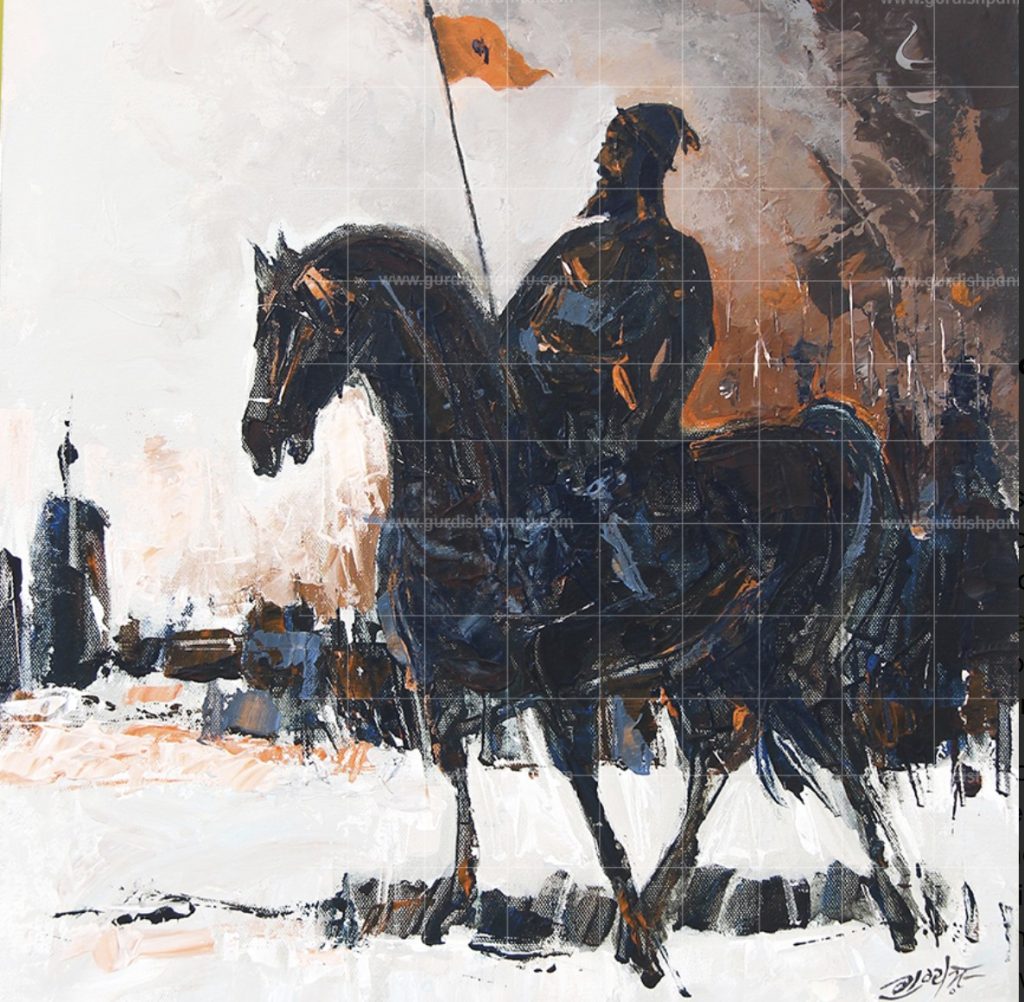CHUNG TONG, a small village on the bank of the River Teesta in Sikkim, 168 km north of the nearest railhead, Siliguri, has recently been discovered to have a connection with early Sikh history. Local tradition there refers to the visit of Guru Nanak (1469-1539) to the place during his third udasior preaching tour. Although the Janam Sakhis do not mention Tibet specifically, the mention of Guru Nanak Rimpoche (lit. the great one) in Tibetan literature points to the Guru`s travel through Tibet, and it is likely that he passed through Chung Tong on his way back to India.
Explore the spiritual essence of Sursuri, another name for Ganges, where even mixed waters become pure, reflecting Indian traditions and beliefs.
DAN (Skt. dana from the root da `to give`) means the act of giving or that which is given either as charity or alms or as offering, fee or reward for spiritual instruction received or for religious rite or ritual performed. The latter, however, is more appropriately called daksina. Dan (charity or almsgiving), according to the Brahmanical code as well as the code of Manu, is a means of earning spiritual merit, and is thus a religious obligation and may not necessarily be the result of a feeling of compassion or pity, though the humanitarian motive cannot be completely excluded from the concept of dan. The mode of dan and the selection of person worthy of receiving it may, however, differ.
Explore the evolution of Sikh salutations from Sati Kartar to Vahiguru, reflecting the faith's monotheistic roots since Guru Gobind Singh in 1699.
DEG TEGH FATEH, a Sikh saying which literally means victory (fateh) to kettle (deg) and sword (tegh).
Explore Zafarnamah Sahib Gurdwara, where Guru Gobind Singh wrote Zafarnamah in Dialpura Bhai Ka. A sanctuary of rich Sikh history!





